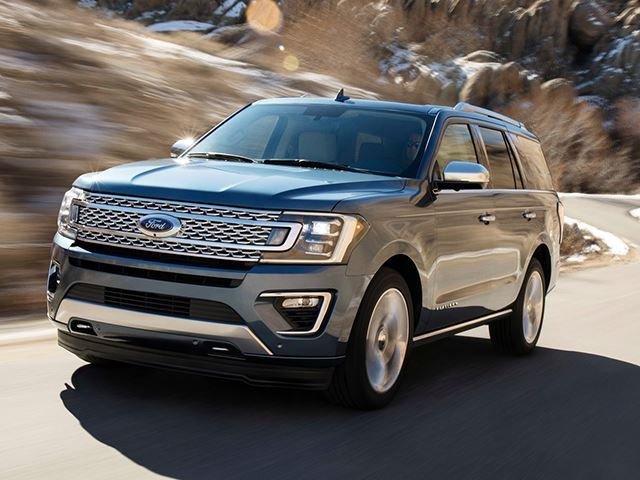Trump Wants More American Cars In Japan, 'Build Better Cars,' Says Japan

American automakers need to face a cold hard truth, one which they are only now beginning to grasp. That would be the fact that their reputation for building unreliable gas hogs with shoddy build quality is coming back to bite them in foreign markets. Germany recently voiced this truth when it told President Trump that Germans would only buy American cars if America actually built good cars. Now it appears that its Japan's turn to tell the US the same thing, which, according to The New York Times, it just has.
As before, Trump is none too happy with the fact that the US gobbles up Japanese cars as fast as the island nation can produce them, but when traversing Japanese roads, it's impossible to spot an American car. Trump cites the fact that Japan makes it hard to sell American cars there by using regulatory barriers, such as making daytime running lights, a staple on many American market vehicles, illegal. This forces US automakers to spend extra cash on production, adding a minor barrier that, when combined with other small impediments, can make or break the decision for American automakers to sell a car abroad. "Of course American cars don't sell in Japan," says Yoshihiro Masui, a Japanese citizen with a love of classic American cars.
He states that while American cars aren't as unreliable or as fuel thirsty as before, this perception hasn't changed because American automakers make no effort to market in Japan. "American cars have a bad image — they aren't fuel-efficient, they break down," said Masui. "That's not really true anymore, but dealers don't make an effort to convince people. I've never seen a TV commercial. You go to a car show, they're not there." Masui's thoughts are backed up by the numbers given that in 2016, only 15,000 American cars were sold in Japan, making up a measly 0.3 percent of total auto sales. The American cars that the Japanese do buy are status symbols like muscle cars and full-size SUVs.
Small practical American cars have almost no market in Japan because a weak Yen relative to the dollar means that their Japanese-built equivalents sell for less. "Most of the time, for the same money, a Japanese car is a better deal," said Masato Suzuki, the owner of a Japanese car dealership that specializes in American cars. Trump has accused Japan of devaluing its Yen to advantage its auto industry, which is a pillar of the nation's economy that helps keep it as the third largest economy in the world behind the US and China. Trump and Japan's Prime Minister Shinzo Abe will soon meet to talk, and the PM's first order of business will be to avoid a trade war with the US.
The point to take away from this is that whether or not Japan levies restrictions and devalues its currency to affect American car sales (or imports from other countries for that matter), the main thing American automakers can do to help sell more cars in Japan is to build cars that appeal to Japanese buyers. They can start by making more right-hand drive vehicles.
Nouvelles connexes


